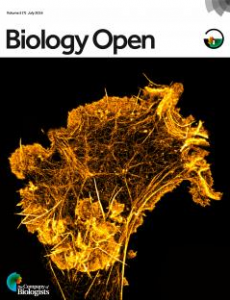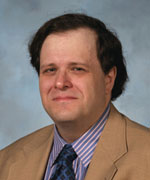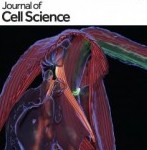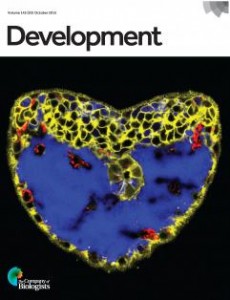
A year ago, we posted on the case of a paper in the Journal of Cell Science in which editors:
allowed a group of researchers in Italy to correct a 2016 paper with questionable images after a faculty member in their institution — and a frequent co-author of the group’s — said his investigation found no reason to doubt their integrity.
At the time, the journal told us they were unaware that Fulvio Magni — to whom they were directed “as the person who oversees ethics issues for the institute” — was a frequent co-author with the researchers who had authored the corrected paper.
The same day we posted on the case — Oct. 29, 2019 — a PubPeer commenter pointed out new issues in Figure 4 of the paper. And now, the journal has retracted the paper:
Continue reading Following Retraction Watch and PubPeer posts, journal upgrades correction to a retraction Two journals are retracting papers published by researchers affiliated with Children’s Hospital Los Angeles (CHLA).
Two journals are retracting papers published by researchers affiliated with Children’s Hospital Los Angeles (CHLA). 






 We’ve uncovered a “
We’ve uncovered a “